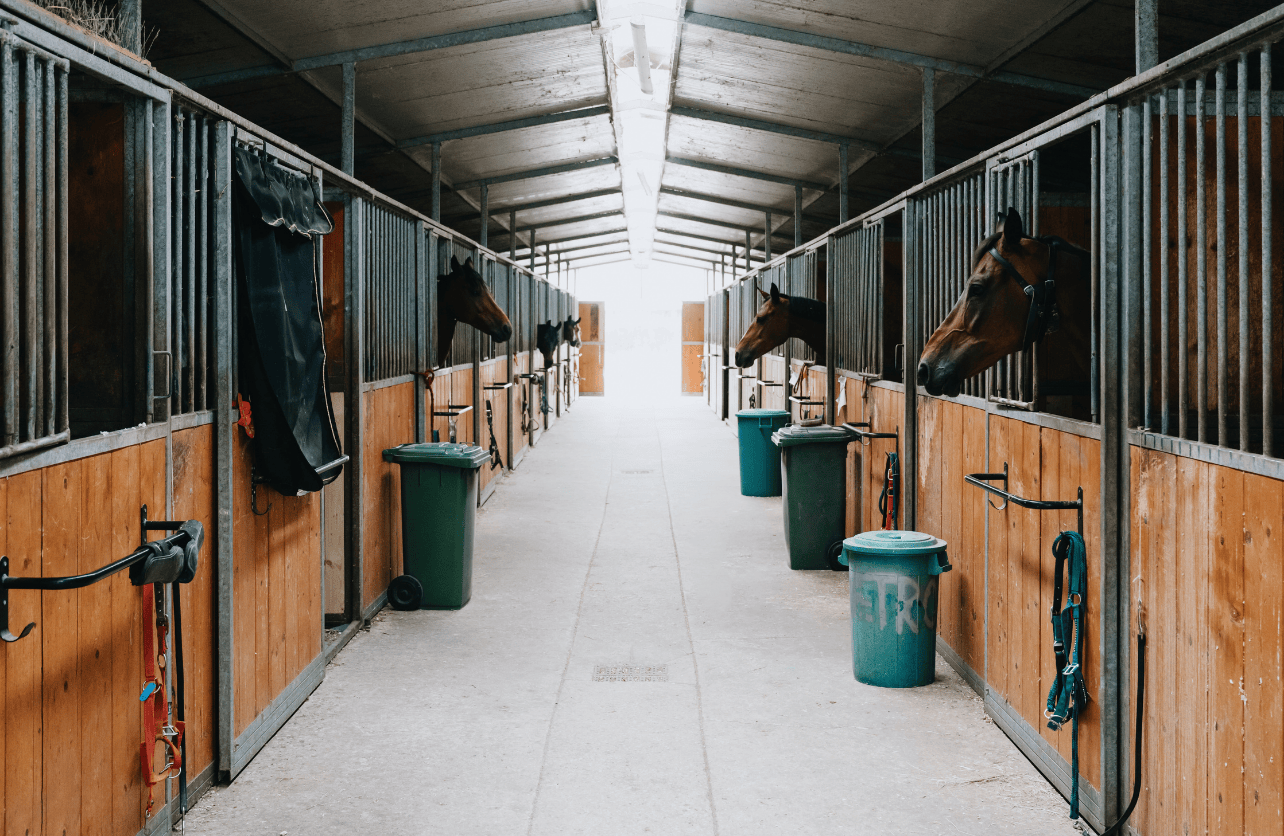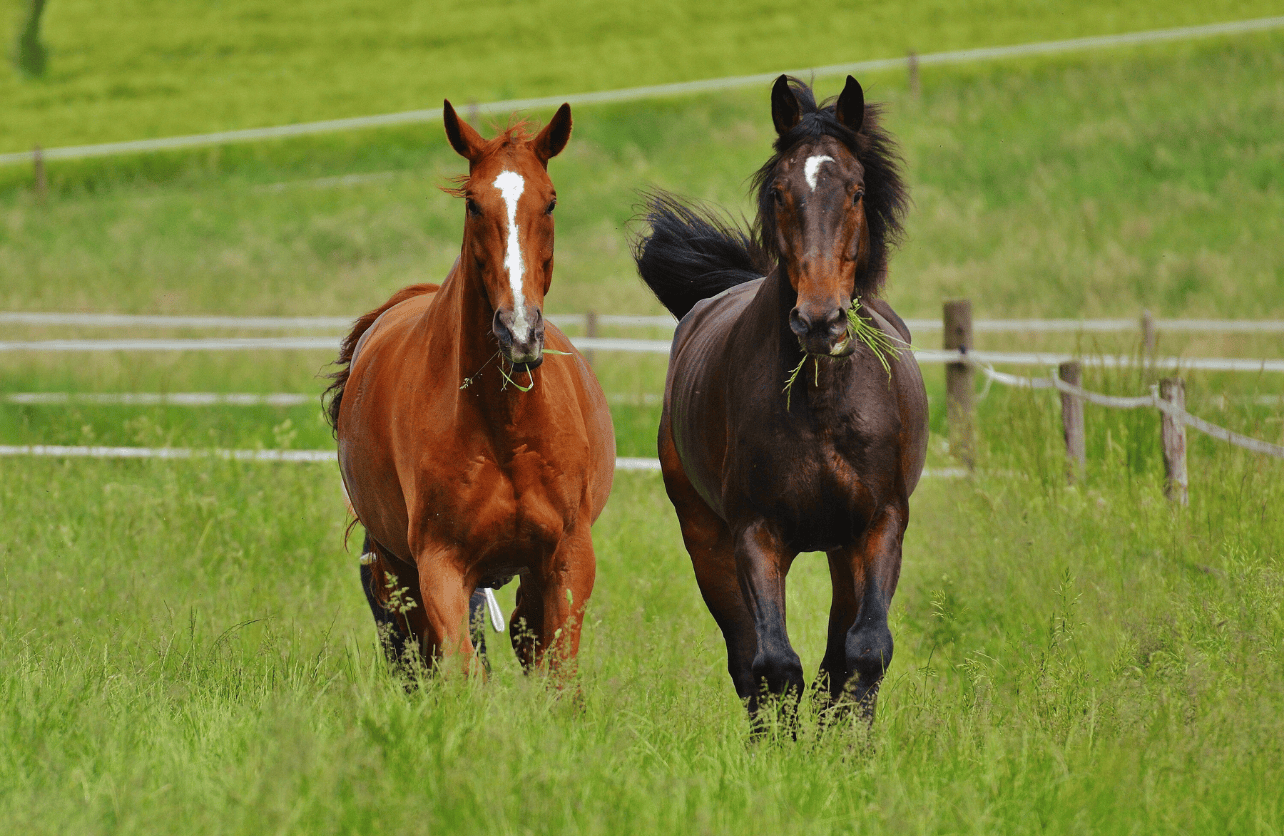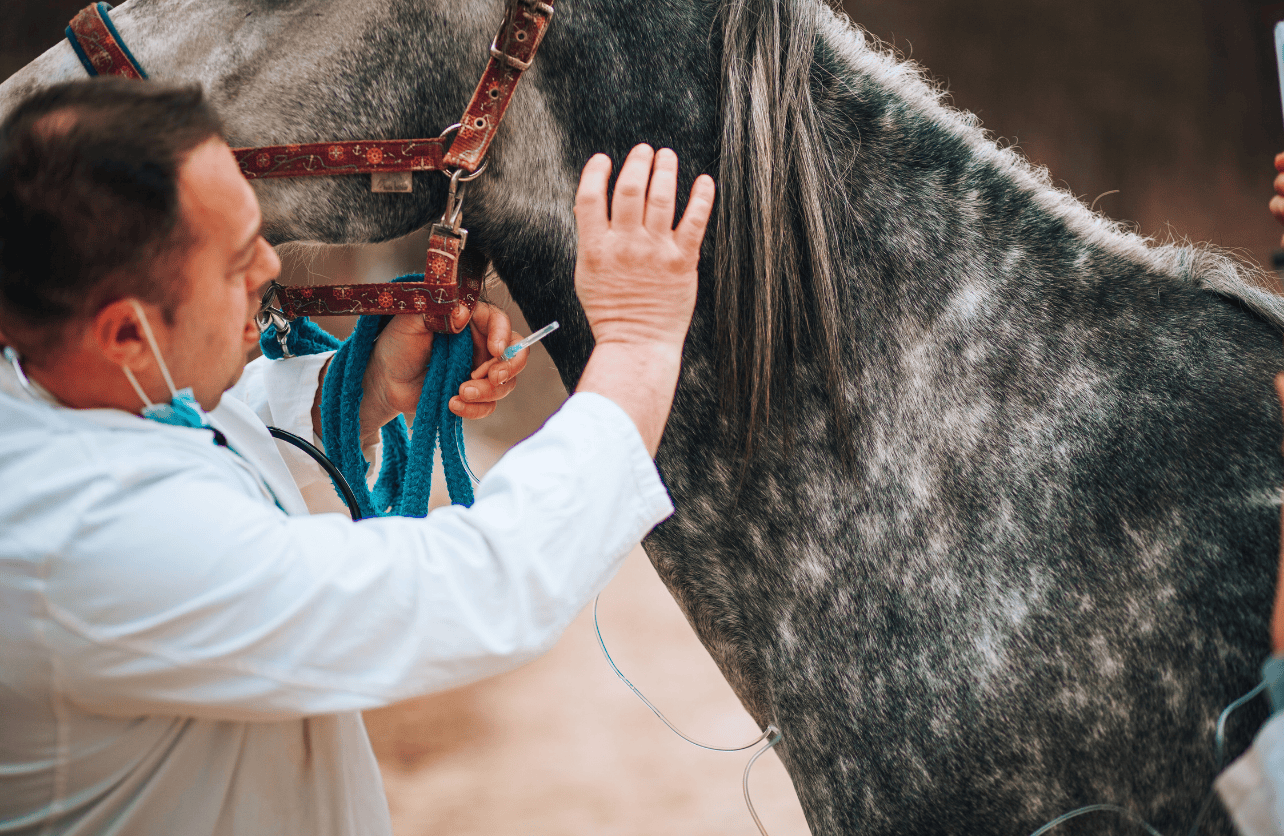How Much Does a Horse Cost? A Comprehensive Guide

Owning a horse is a dream for many, but it’s important to understand the costs involved before taking the plunge. The price of purchasing a horse can vary greatly, influenced by factors such as age, breed, training, and intended use. Beyond the initial investment, there are ongoing expenses for care and maintenance that often exceed the purchase price. This guide breaks down the costs of owning a horse, from buying your equine companion to meeting their long-term needs.
The Cost of Buying a Horse
The price of a horse depends on its purpose and qualities. Horses intended for recreational riding generally cost between $1,000 and $10,000. At the lower end of this range, you may find younger horses with minimal training or older ones with limited capabilities. Higher-priced horses are often well-trained and ideal for activities like trail riding or beginner lessons.
Show or performance horses come with significantly higher price tags. These horses are bred for competition and are typically priced starting at $15,000, with elite horses fetching over $50,000. Their training, pedigree, and competition history drive these costs.
Even ponies, despite their smaller size, can be just as expensive as horses. Prices for ponies start at around $1,000 and increase with their temperament, training, and suitability for children.
Factors Affecting a Horse’s Price

Several elements influence the cost of a horse:
- Breed and Bloodlines: Horses with prestigious pedigrees or rare breeds often cost more.
- Training: A horse trained for specific disciplines, such as dressage, jumping, or racing, will typically command a higher price.
- Age and Health: Younger, healthier horses are generally more expensive, although older, experienced horses can also be valuable, especially for beginners.
- Competition Record: Horses with a proven track record in shows or races are priced higher.
Beyond the Purchase: The Cost of Ownership

Owning a horse is a long-term commitment, and the expenses can add up quickly. These include boarding, feed, veterinary care, farrier services, and other necessities.
Boarding Costs
If you don’t have your own stable or pasture, boarding your horse is one of the most significant recurring expenses. Costs vary depending on the type of boarding:
- Pasture Board: This typically costs between $100 and $300 per month and offers basic shelter and access to grazing.
- Full-Service Boarding: This includes amenities like daily feeding, stall cleaning, and turnout and can cost over $1,000 per month in some areas.
Feed and Nutrition
Horses require high-quality forage, which is often supplemented with grains, vitamins, or minerals based on their specific dietary needs. The cost of feed depends on your location and the horse’s size and workload, typically ranging from $60 to $230 per month.
Veterinary Care
Routine veterinary care includes vaccinations, annual check-ups, and dental maintenance. These costs average $485 annually but can increase with unexpected health issues or emergencies.
Farrier Services
Regular hoof care is essential for a horse’s health and performance. Trimming and shoeing costs vary based on the horse’s needs and range from $300 to $2,750 per year. Horses in high-performance disciplines may require more frequent or specialized shoeing.
Insurance
Many owners opt for equine insurance to cover health care, liability, or mortality. Policies vary in cost but often add several hundred dollars to annual expenses.
Additional Considerations
Owning a horse involves more than just financial preparation—it also requires time, effort, and access to the right facilities. Horses need daily care, including feeding, grooming, and exercise, which can be a significant time commitment.
Equipment costs, such as saddles, bridles, grooming supplies, and blankets, can add to the initial and ongoing expenses. Additionally, transportation fees for competitions, training, or veterinary visits should be factored into the overall cost.
Tips for First-Time Horse Buyers
- Set a Budget: Factor in both the purchase price and the long-term costs of ownership.
- Get a Pre-Purchase Exam: Have a veterinarian assess the horse’s health before buying to avoid unexpected medical expenses.
- Consider Adoption: Rescue organizations often have horses available at lower costs, making this an affordable and compassionate option.
- Start Small: For beginners, a well-trained, older horse may be more suitable and affordable than a younger, less-experienced one.
Final Thoughts
The cost of a horse extends far beyond the initial purchase price, with ongoing expenses that require careful planning and budgeting. While recreational horses can cost as little as $1,000, the total cost of ownership—including boarding, feed, and care—can quickly add up to thousands of dollars annually.
Understanding these financial commitments and ensuring you have the resources to provide proper care will set you and your horse up for a long and rewarding partnership. Whether you’re investing in a show horse or adopting a rescue, the joy and companionship of owning a horse are well worth the effort.
Your Pet’s Best Interest, Always
At Pet Institute, we take pet care seriously. We're dedicated to transparency, impartiality, and the well-being of your pets in every article, review, and recommendation we provide. Our unwavering commitment to these principles ensures that you, our valued reader, always receive reliable and unbiased information. Let us be your trusted guide in the world of pet care and companionship.